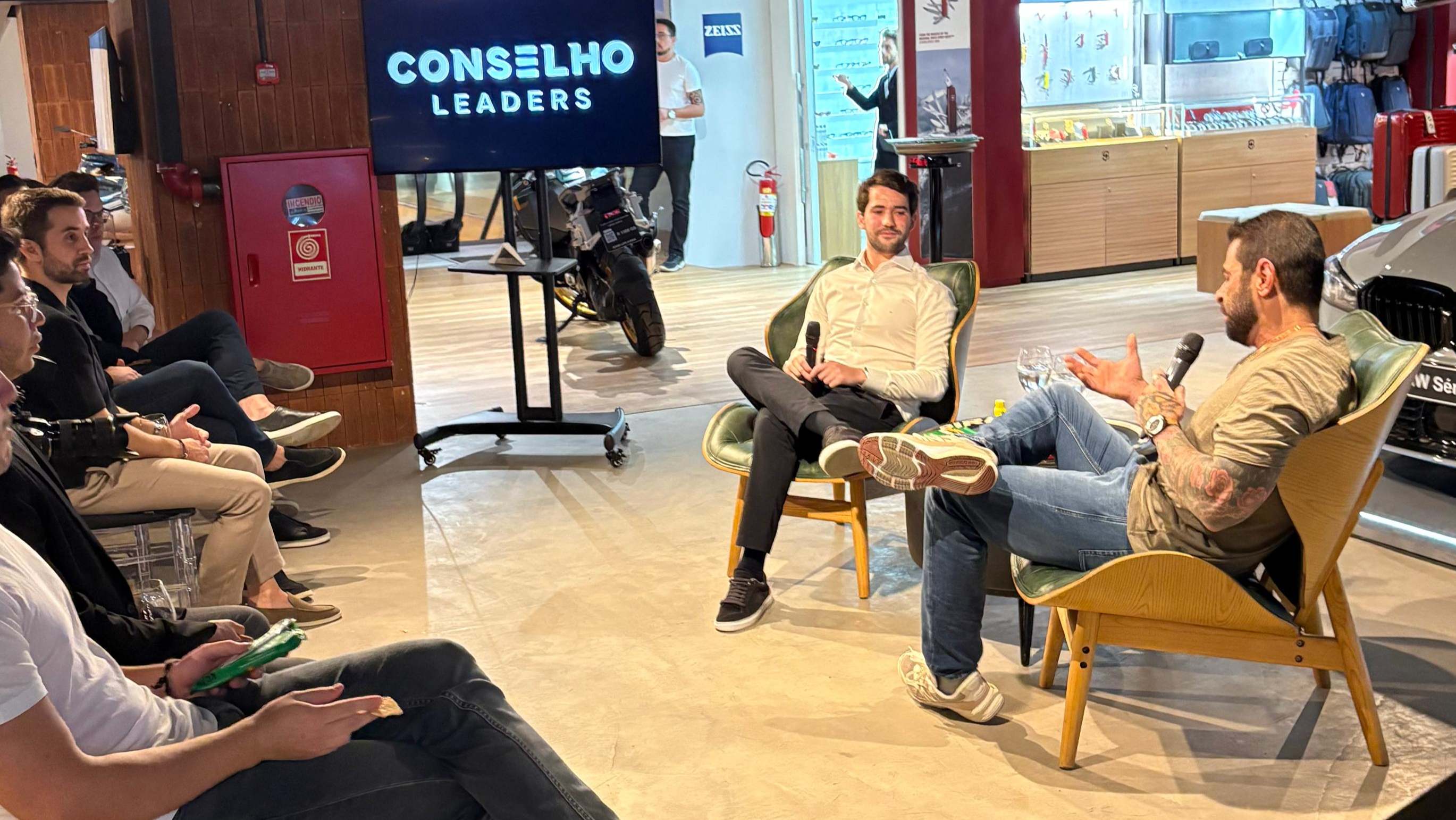Fabiano Zettel goes to Theo Braga's Leaders Council
HIGHLIGHTS
Founder and CEO of Moriah Asset spoke about social welfare during a meeting of the group made up of entrepreneurs and successors of large companies
Highlights

Sleep deprivation is one of the great modern evils. In Brazil alone, more than 70 million people have trouble sleeping, according to the Brazilian Sleep Association (ABS), with negative consequences at the individual and collective levels.
Poor sleep has serious effects on physical and mental health. In the short term, it leads to tiredness, memory problems, inattention and irritability. In the long term, it contributes to the development of chronic diseases such as obesity, diabetes and cardiovascular problems, as well as depression and anxiety.
The recommendations for sleeping better are well known. Reducing environmental stimuli, exercising during the day and eating lighter foods are all examples. But in the fast pace of modern life, it's not always possible to put down the screens, find a suitable environment or find time to relax before going to sleep.
Routines that take into account quality of life and mental health - which includes meditation activities, mindfulness and a more balanced diet - are the great challenges of our time, but the good news is that, in addition to medical recommendations, there is a new generation of products and services emerging to help you sleep better. These range from melatonin gummies to luxury hotels with every detail thought out so that customers can slow down and sleep undisturbed.
The subject is gaining relevance at a time of increasing search for health and well-being. Pressured by the pace of routine in modern society, digital overload and economic uncertainty, people are looking for alternatives to compensate for sleep deprivation. At the same time, companies are finding alternatives in new technologies to innovate and meet demand.
Artificial intelligence, for example, is being used to improve the early diagnosis of problems such as sleep apnea and to make equipment that helps with night-time breathing more efficient by detecting when the airways are about to collapse and adjusting the air pressure automatically.
GLP-1 drugs, which mimic the hormone produced by the gut after meals, help fight obesity, which often leads to sleep problems. And new apps, in many cases connected to wearable devices, serve as sleep instructors, monitoring key indicators such as duration, interruptions and heart rate to recommend personalized routines for those who want to sleep better.
In tourism, renowned hotels such as the Sensei in Colorado's Coachella Valleyand the Carillon Miami Beachin Florida, or the Six Senses in Thailandare integrating biometrics, circadian lighting and personalized relaxation programs into their infrastructure and menu of services to improve guests' rest.
This is what GWI points outwhich sees the search for a better night's sleep as one of the major trends for the health and well-being sector worldwide in 2025.
In Brazil, it's no different. The sleep tourism market, which globally is already estimated at US$74.54 billion and is growing by 12.4% a year, according to Grand View Researchis seen as a also seen as a trend by the Ministry of Tourism and Embratur.
Last year 58% of Brazilian tourists intended to travel in order to catch up on sleep, according to a a study carried out by Booking.com. To this end, 54% of parents in Brazil planned to travel without their children or partners. Another incipient movement is that of people who looking for hotels in the same city where they livein order to sleep better.
It is also worth highlighting the expansion of the drinks and supplements segment to improve sleep quality. At Moriah Asset, for example, we have companies such as Desinchá and Super Nutrition, whose product lines include Desinchá Noite, Supersono and melatonin gummies.
In a digital age, in a process of continuous and accelerated transformation, counterpoints such as the search for better sleep are a movement with no prospect of slowing down. Given the size of the challenge, in parallel to the more traditional ways of dealing with sleep difficulties, there is room for a wide range of innovations, which tend to benefit not only the industry and its direct clients, but society as a whole, with greater safety, productivity and quality of life.
* Fabiano Zettel is the founder of Moriah Asset, the first investment vehicle in Brazil to focus exclusively on health and wellness companies.
** Originally published on the IstoÉ website.
HIGHLIGHTS
Founder and CEO of Moriah Asset spoke about social welfare during a meeting of the group made up of entrepreneurs and successors of large companies
